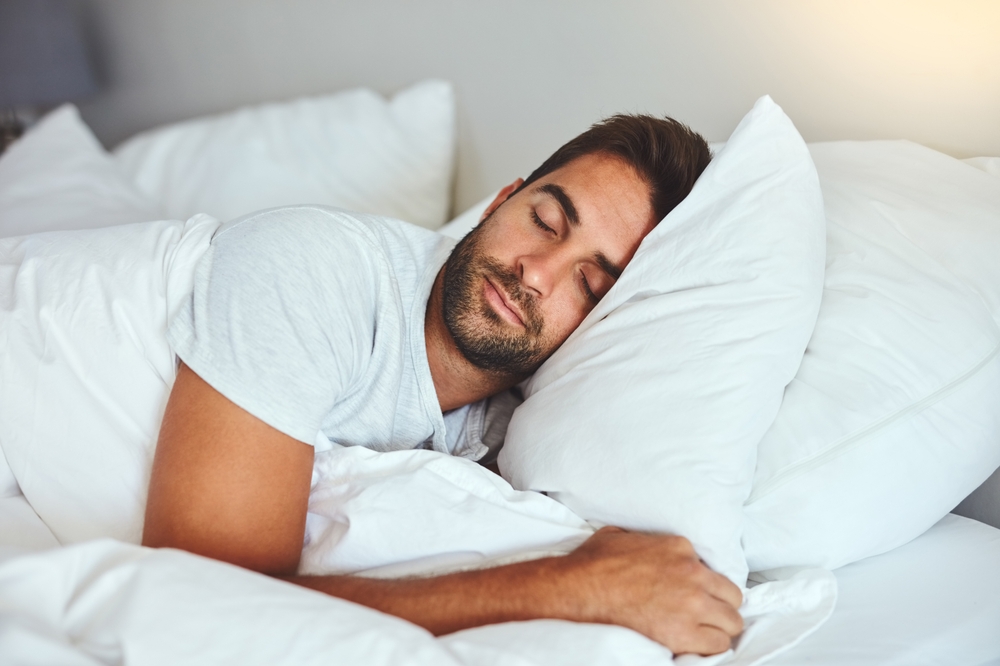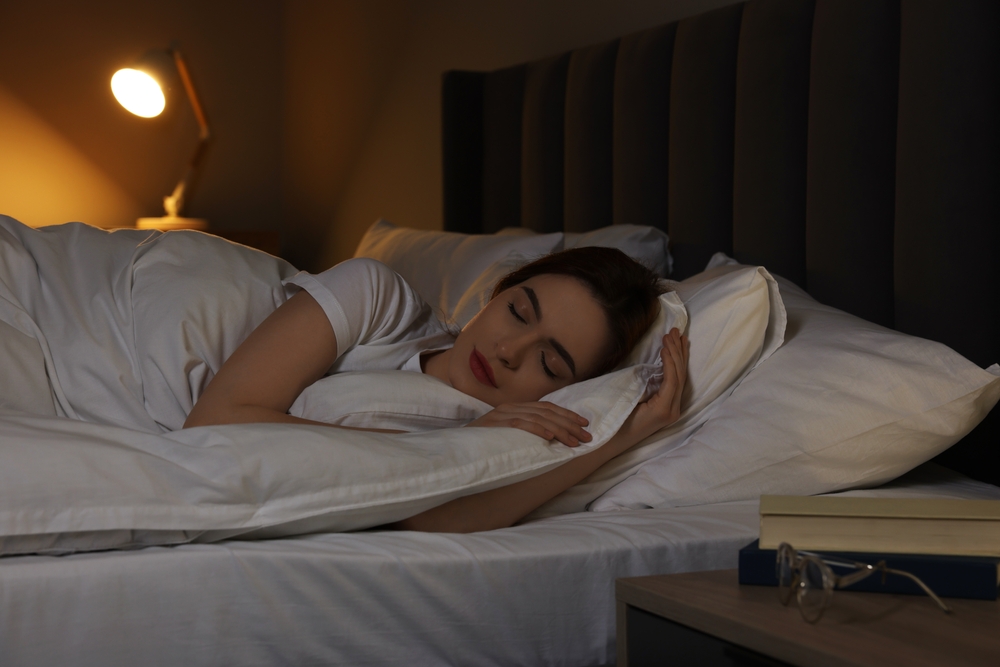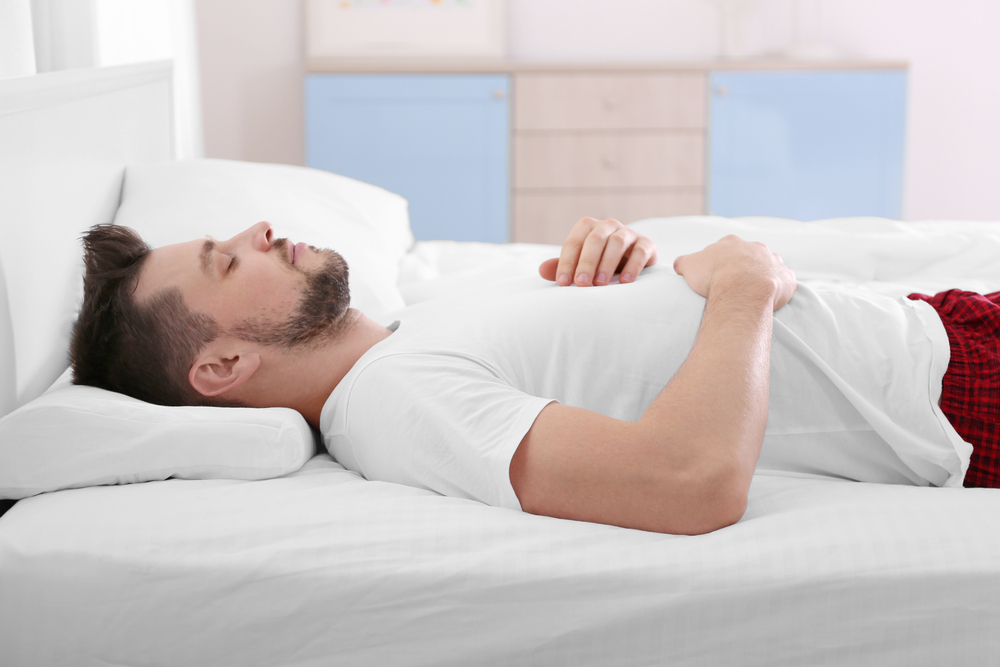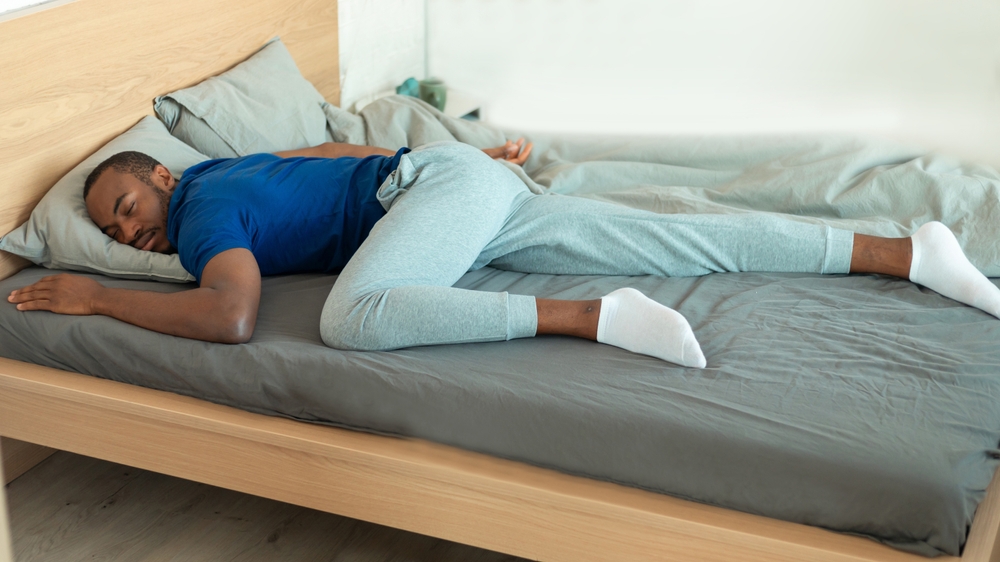Many people prefer sleeping on their side, but they may not realize that it comes with certain health benefits. Different sleeping positions can have different effects on the body, both positive and negative. While the most important thing is to find a comfortable position, those experiencing back pain, digestion issues, or snoring may want to consider switching to their left side.
Benefits of Sleeping on Your Left Side

- Reduces Back Pain – Sleeping on the stomach can strain the spine, leading to discomfort. Side sleeping helps keep the spine aligned and reduces pressure on the lower back.
- Reduces Snoring – Lying on the back can cause the tongue to block the airway, increasing snoring. Sleeping on the side helps keep the airway open, making breathing easier.
- Aids Digestion – Since the stomach is on the left side of the body, sleeping on this side can improve digestion and reduce bloating, constipation, and heartburn.
- Supports Brain Health – Studies suggest that side sleeping helps the brain clear waste more efficiently, which may lower the risk of brain diseases. More research is needed to confirm this in humans.
- Improves Blood Circulation – This position is especially recommended for pregnant women, as it helps blood flow to the placenta.
Training Yourself to Sleep on Your Side

If you’re used to sleeping in other positions, you may need some time to adjust. Here are some tips to make side sleeping easier:
- Use a supportive pillow that keeps your neck aligned.
- Choose a softer mattress to prevent pressure on the hips and shoulders.
- Place a pillow between your knees to keep your back straight.
- Use a body pillow to stop yourself from rolling onto your back.
- Sleep on a couch at first, as its narrow space can help train your body to stay on its side.
Downsides of Side Sleeping

While side sleeping has many advantages, it may not be suitable for everyone. Some potential downsides include:
- Shoulder and hip pain if the mattress is too firm.
- Facial pressure that may worsen sinus congestion or jaw tightness.
Other Sleeping Positions and Their Effects

Back Sleeping: May help with hip pain, arthritis, and sinus congestion, but can increase snoring.

Use a pillow under your knees to support the lower back.
Choose a pillow that supports the neck without tilting the head forward.
Elevate the head to reduce heartburn and sinus issues.
Stomach Sleeping: Generally not recommended, as it can strain the spine and neck.

Use a thin pillow or none at all to reduce neck strain.
Avoid tucking arms under the head to prevent numbness.
Try not to bend one knee up, as it may worsen back pain.
Finding the Best Sleeping Position
The best sleeping position is the one that keeps you comfortable and pain-free. If switching to your left side feels difficult, try starting the night on that side and allowing your body to adjust naturally. If you sleep better in another position, that’s fine too—what matters most is getting quality rest.
